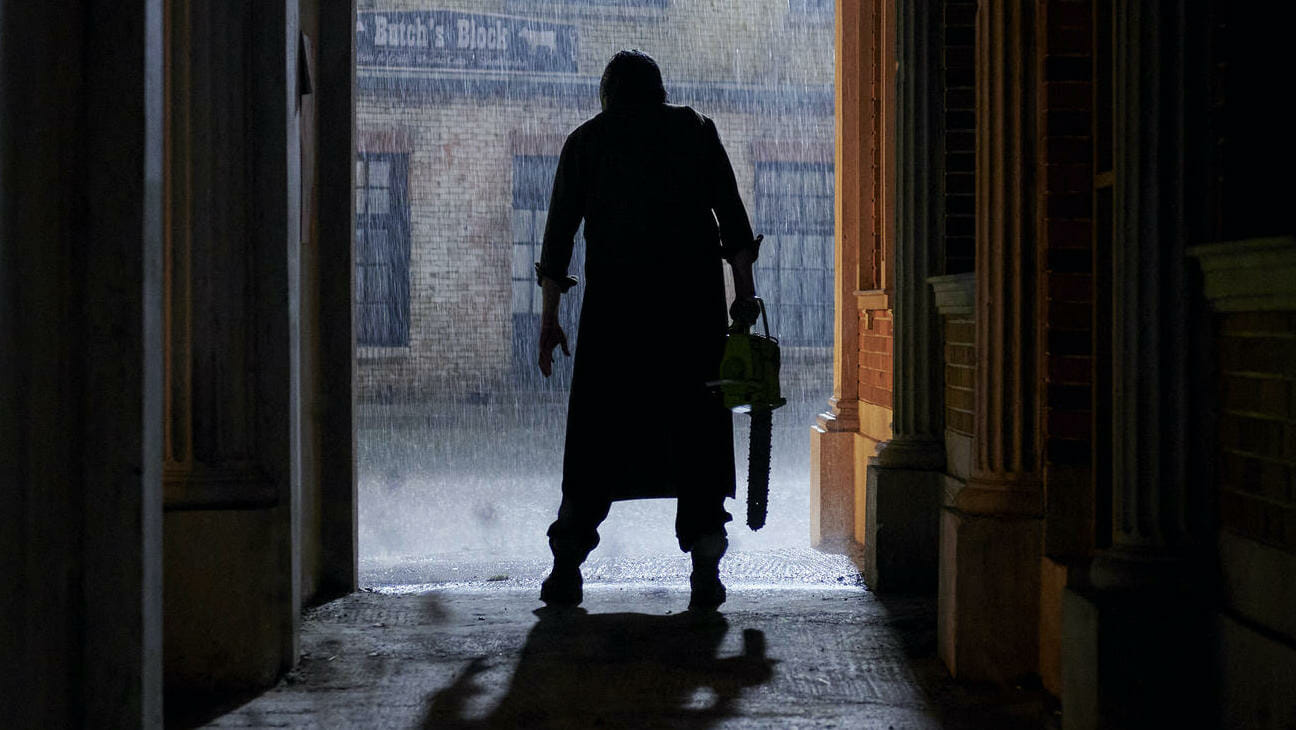1974’s The Texas Chain Saw Massacre was a reckoning with violence as art. Such a stark depiction of senseless violence was anathema to American cinema. People didn’t know what to do with it: theaters banned it first, then entire countries; many dismissed it as trash; Roger Ebert said it was “without any apparent purpose, unless the creation of disgust and fright is a purpose.” 48 years on, it’s hard to imagine Texas Chainsaw Massacre—Netflix’s latest reboot—causing a fraction of that reaction. The original has long since been reevaluated as a classic, and the genre it inspired has grown tired. Scratch the surface, though, and the newest massacre is just as much a cultural reckoning.
READ ALSO: Top 10 most haunted places in Arizona
The original is remarkable not only for how harrowing it remains but also for its grip on American anxiety. The country was modernizing fast and running low on gas even before the ’73 oil crisis. This shortage is what sends the doomed youths into Leatherface’s den: turned away from a barren gas station, they notice a generator at the cannibal’s house and stop by to buy fuel. They’re met instead with savagery. Violence and oil are intertwined from the film’s opening scene, in which a shot of rotting corpses gives way to a radio broadcast about a fatal oil refinery explosion. The film’s putrid, grisly cruelty is bedfellows with an insatiable American hunger. Leatherface and his family were slaughterhouse workers until technology rendered them redundant—their labor was slaughter until it wasn’t enough, and all their country left them was their work ethic. The churn of “progress” begets the stink of death.
That these themes broiled beneath the story made the violence expressive. The Texas Chain Saw Massacre felt like the animal outlash of a nation’s decaying soul—as necessary to art as a scream is to pain. The new Texas Chainsaw Massacre tries to reverse-engineer this sensation. Where the original’s politics were baked into its marrow, the reboot’s are draped over it like a skinsuit. Within the first ten minutes, the millennial/Gen Z protagonists balk at a redneck’s gun, scroll through social justice memes on Instagram, and utter the words “late-stage capitalism.” A Black character is harassed by a cop and repulsed by a Confederate flag. There are trauma flashbacks to a school shooting. This isn’t a guttural expression of the American condition; it’s a shopping list of hot topics. There’s a kernel of an idea that well-intentioned, well-off do-gooders are the new foot soldiers of American alienation—the protagonists came to Leatherface’s town to gentrify it—but it’s drowned in a cacophony of messaging.
Leatherface’s violence under these conditions is the movie’s mortal misstep. The original Chain Saw didn’t need to magnify its violence: amid its uneasy, nightmarish vision of a world devouring itself, its low-budget brutality was enough. The general sense of dread was scarier than its consequences. A girl is hung on a meat hook and it’s bloodless and matter-of-fact—the cold, robotic normalcy of the action is what horrifies most. It’s just another day in the kill-or-be-killed economy. Conversely, the bloodshed of the new Massacre is over-the-top and hyper-stylized. Its violence meets a perceived slasher quota in the same way that its politics meet a perceived wokeness quota, and its inability to mesh these perfunctory mechanisms is damningly ugly.
As the film’s political messaging spirals into wrongheaded vanity—a repeated comparison between chainsaw massacres and school shootings is particularly heinous—its violence is all the more plainly some slop in the trough. It’s prepackaged disturbance, readymade for “goriest Leatherface kills” compilations on YouTube. In no meaningful way does it augment the grab bag of cultural issues strewn across the script. This reboot was born of the very systems that the original gazed at in horror. This is Texas Chainsaw Massacre for the age of Leatherface NFTs (which, regrettably, exist). It’s not violence as art—it’s violence as product. This isn’t the cultural reckoning we need but the one we deserve.
½ (0.5/5)




